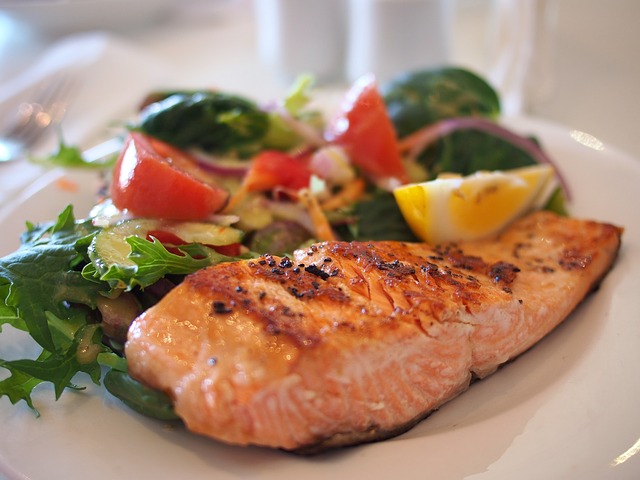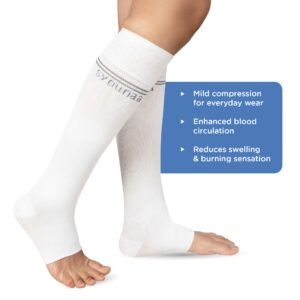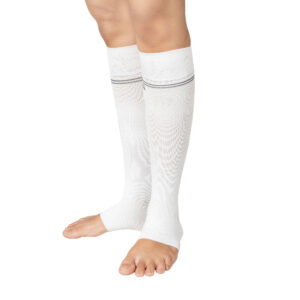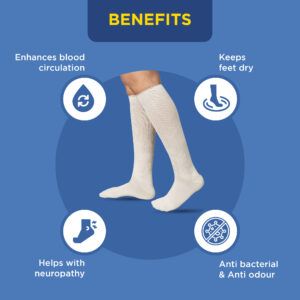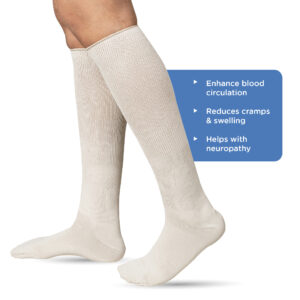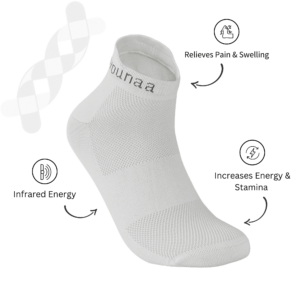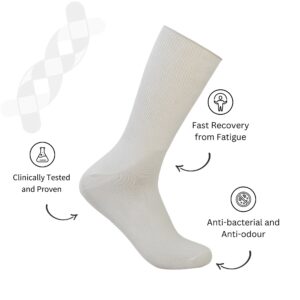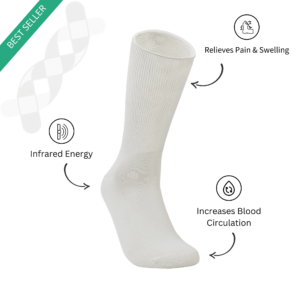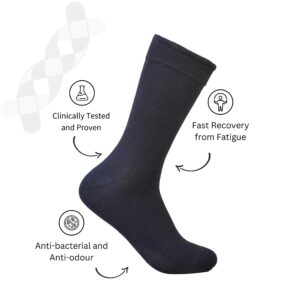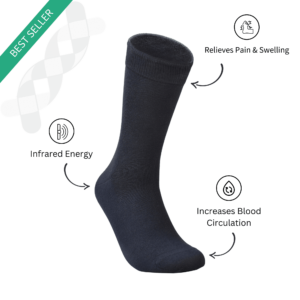If you are a diabetic you must carefully plan your meals to maintain your blood sugar levels. While you shouldn’t have too much carbs, you can’t avoid it all together because too little carbohydrates may lead to hypoglycaemia. Also, many diabetics must monitor their weight because a larger obese population has diabetes. Our weight also affects our diet plans. Protein and fats must come from healthy sources to have receive maximum outcomes from your meals and hence diabetics must take out time to plan out each meal.
We have created a short guideline to help you plan your meals.
Carbohydrate
As a diabetic you must include small amounts of carbohydrates in every meal. Carbohydrates can be healthy for you if you choose the right source. So, go for brown rice instead of white rice or whole wheat instead of polished wheat. By choosing healthy carbs you can keep your diabetes within manageable range. Firstly, since healthy carbs have roughage it slows down the digestion process and thus takes longer for the sugar to enter your blood stream, thereby reducing the risks of sugar spikes. Secondly, with a minimal amount of sugar in your bloodstream you are also less likely to face the dangers of hypoglycaemia.
Healthy carbohydrates fill you up easily without adding too many calories in your diet. So, this is ideal for diabetics with weight problems.
Balanced Wholesome Meals
Your meal may vary from other diabetics depending on your weight and the severity of your condition. However, each meal should have healthy sources of carbohydrates, proteins and fats. Depending on how severe your diabetes is, you may have simple carbs now and again but its’ source is really important because healthy carbs, proteins and fat sources have a good supply of vitamins and minerals.
Your doctor may have told you how often you must eat and the portions of each meal. Generally, you should have three wholesome meals on time followed by a light and healthy snack at night to keep your sugars in range when you go to sleep.
Avoid Packaged/’Diet’ Food
Packaged food usually has high sugar/salt content because they act as a good preservative and a taste maker. They are also made of simple carbs and trans-fat – both are items with a low glycaemic index (GI). Frequent consumption of packaged food can also cause sugar spikes so avoid them as much as you can.
Why then should you avoid food that is labelled as ‘diet’ food or ‘low fat’ food. Aren’t they made for those who are on a diet? Well, there are many researches, that show otherwise. Firstly, it is marketed towards a specific group of people who want to control their weight but also look for palatable or tastier options. Usually, food that is marketed as ‘low fat’ would have less butter to reduce the calorie content of each serving. However, they would compensate for the butter buy adding more sugar. Many companies substitute butter with margarine to lower the number of calories in their products. Little do we know that butter is healthier than margarine. While butter has saturated fats, margarine has trans fats which is one of the major reasons for diabetes and heart disease.
Secondly, experts ask you to stay away from ‘diet’ food more for a psychological reason as well. Surveys shows that people eat more is they know the food is ‘diet’ food. This is because we often feel diet food is safer and less filling and therefore eat more of it. On the other hand if we know something is fattening and high in calories we would have less of it. This is the major reason for diabetics to gain more weight rather than reduce it. So, instead of investing in food that is labelled as diet food, have a cheat day once a month and make sure to come back to your regular diet.
Never Skip Meals
As a person with diabetes, you put yourself to severe risk of low blood sugar when you skip meals. This is especially true when you have type one diabetes and every insulin dose is calculated according to your calorie intake in each meal. Skipping meals is one of the worst things you can do as a diabetic. Always try to stick to your meal times and meal portions. Do not deviate from it unless your doctor/dietician says otherwise. Now, it may be difficult to manage your meals when you are traveling. In that case you should try to have frequent healthy meals/snacks in small portions or you can balance a heavy meal with a light meal as per your convenience. Do not forget to regulate your insulin according to the calories you take. Lastly, your diet cannot work if you do not assign time for workout. Physical activity is important for everyone. So make sure you grab the right equipment and dedicate a few minutes/hours (depending on your age and doctor’s advice) everyday on working out, staying active and eating well.

